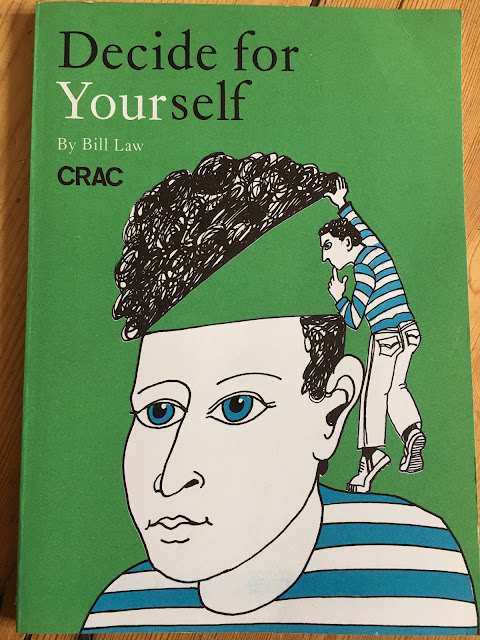Dad
I thought I'd say something
about my Dad's legacy and his influence on me.
He was a huge influence on me,
not because he pushed me in any
particular direction, but because he encouraged me to expand my horizons and
find my own direction.
Even when I took some spectacularly wrong turns in life - and
I really did - both my Mum and Dad were nothing but supportive and encouraging.
Dad could be difficult. But
he was also warm, witty, and genuine. Dad was interested in other people - in how their lives went.
He loved reading biographies. But above all Dad was interested in the potential
of young people - in how their lives could
go.
The potential of the young
always fascinated Dad, and he devoted his life to bringing it out.
Dad had great intellectual
honesty and integrity. He was willing to
follow where he believed reason led, rather than use reason to try to
justify going to some destination he'd already settled on.
Perhaps the most spectacular
illustration of this involves religion.
Dad started out his adult
life as a very religious man - he
went to Bible College intending to be a religious minister - but he actually thought his way out of religious
belief. Here we are at a humanist
funeral, at his request.
My dad was a product of the
Enlightenment
I have ended up a philosopher,
and one of my favourite philosophical quotations is from Immanuel Kant, a
notoriously unclear, dense, and wordy writer. Kant was once asked: What is Enlightenment? Kant produced an
uncharacteristically crisp definition. The watchword Enlightenment, said Kant,
is Sapere Aude! Have the courage to use
one’s own reason!
'Sapere Aude' - dare to
think, dare to question. Don't just passively accept your lot - don't just
follow the other sheep - think outside the box.
If any phrase sums up my Dad -
and of course none really could - it would be 'Sapare Aude'.
Do you think I am right? Dad
wouldn't want you to take my word for it. He'd want you to Decide for Yourself.
I loved my dad, and he never,
ever let me doubt for a moment that he loved me.

Comments